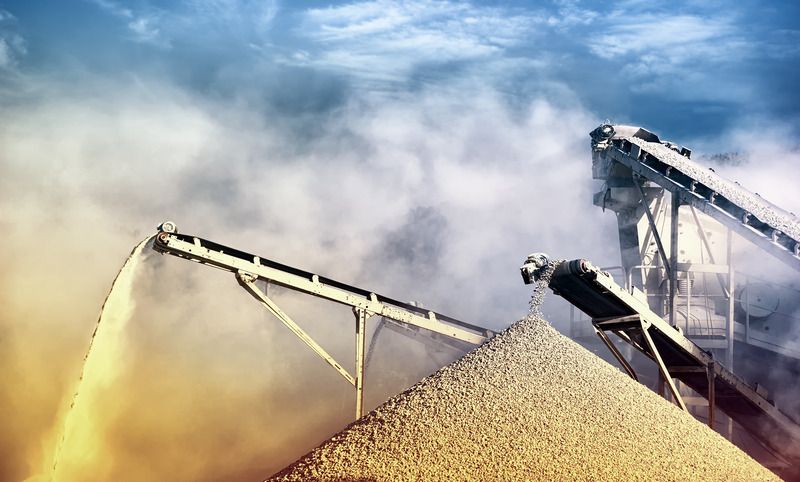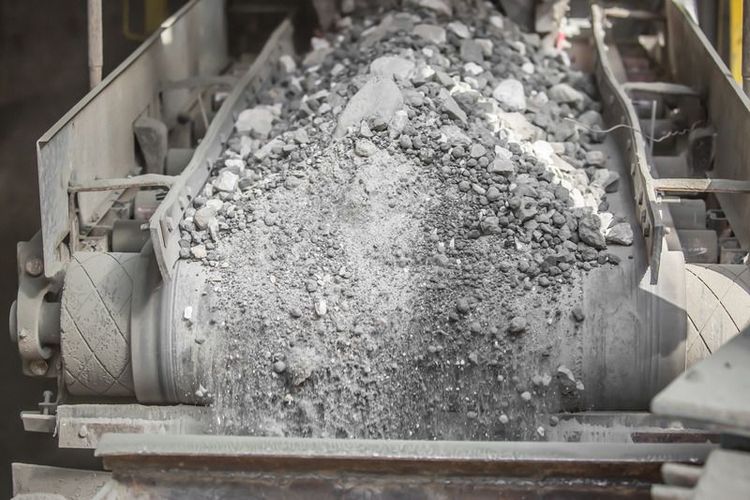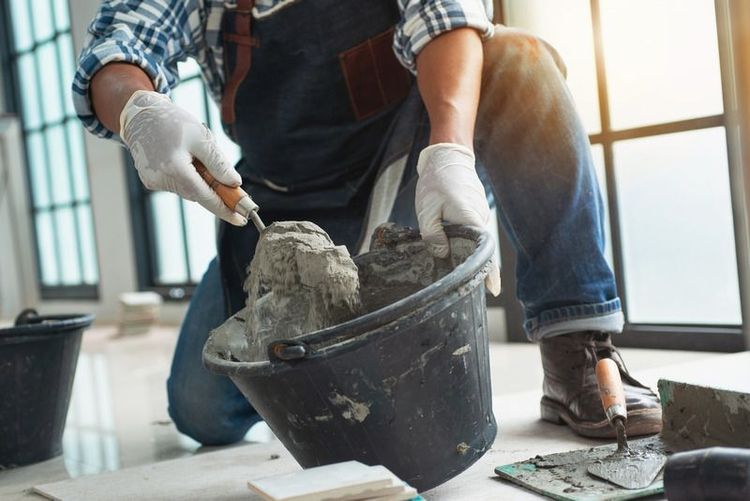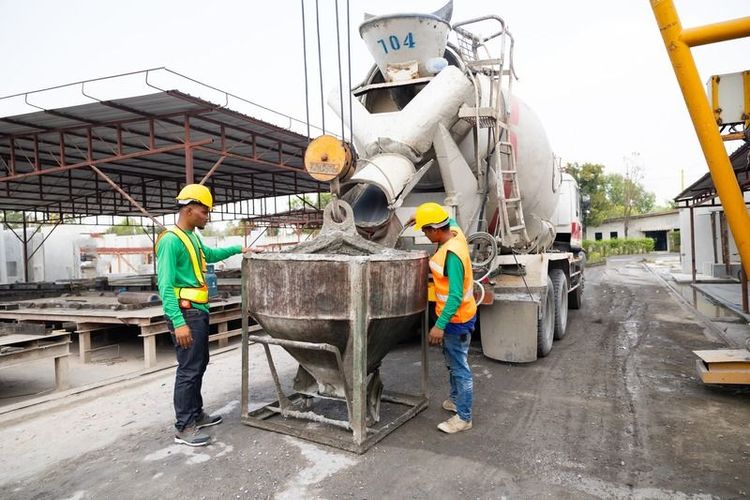Environmental sustainability
PSC stands as a testament to sustainable construction practices. The utilisation of blast furnace slag, a byproduct of the steel industry, not only reduces waste but also curtails carbon dioxide emissions. This sustainable approach aligns with the global endeavour towards eco-friendly construction solutions, making PSC a frontrunner in reducing the carbon footprint in the construction sector.
Reduced heat of hydration
Heat generated during cement hydration can lead to thermal cracking in concrete structures. Portland slag cement exhibits a lower heat of hydration compared to OPC, mitigating the risk of thermal cracking. This characteristic is particularly advantageous in massive concrete pours, ensuring the structural integrity and longevity of constructions.
Improved workability and long-term performance
The fine granules of blast furnace slag contribute to the improved workability of PSC, enhancing its cohesive properties and reducing bleeding and segregation during the concrete mixing process. Bleeding is a process where water in the concrete mix moves upward, leading to the accumulation of excess water on the surface. This improved workability results in smoother finishes and better compaction, ultimately translating to structures with enhanced long-term performance and reduced maintenance needs.
Resistance to alkali-silica reaction
Alkali-Silica Reaction (ASR) poses a significant threat to concrete structures, causing cracking and compromising durability. Portland slag cement's chemical composition mitigates ASR-related risks, safeguarding structures against potential damage and ensuring their longevity.







 +91 7208055523
+91 7208055523
 Help & support
Help & support
